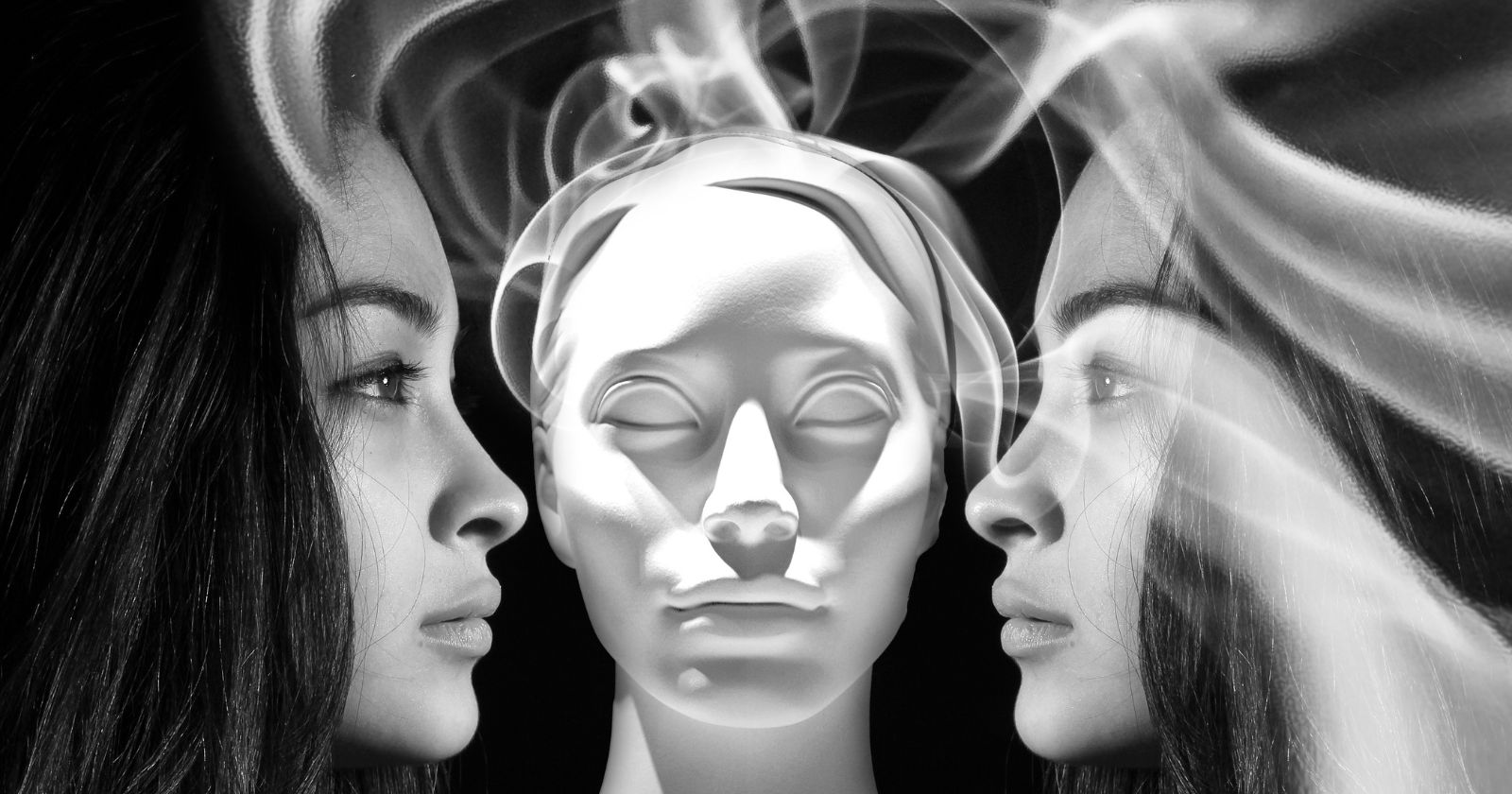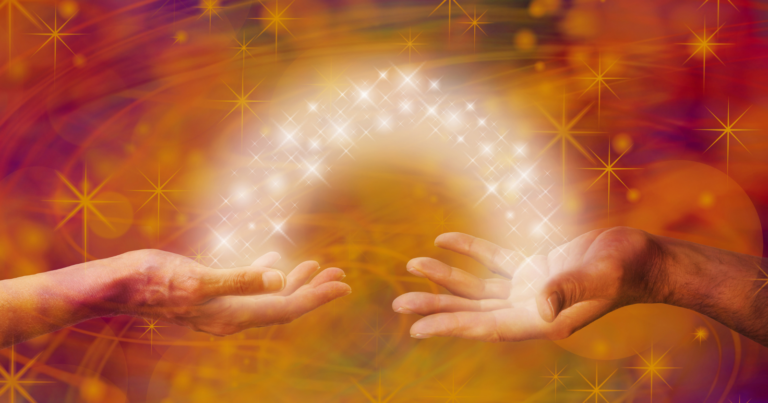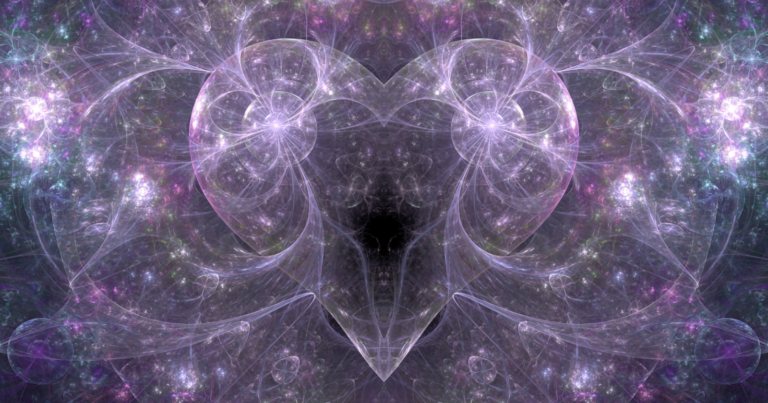Delving into Carl Jung’s rich psychological insights, I’ve gleaned seven profound understandings that can help identify and nurture a deep, spiritual connection with your partner. Often overlooked, these insights are pivotal in fostering a bond that transcends the physical, delving into the realm of the spiritual.
Jung’s teachings, deeply ingrained in symbolism and the understanding of subconscious patterns, offer a unique perspective on relationships. His wisdom helps us to see beyond surface interactions and dynamics, uncovering a deeper layer of connection.
These 7 insights are not merely theoretical concepts. They’re practical tools for enhancing your relationship; they provide a framework for navigating the complexities of love and intimacy from a spiritual perspective.
In this journey through Jung’s wisdom, we’ll explore how understanding our own psyche can lead to a deeper connection with our partner. It’s more than just knowing oneself; it’s about recognizing the shared spiritual journey we embark on when we become entwined with another.
To truly grasp Jung’s teachings, we must delve deep into his understanding of the collective unconscious and its role in our relationships. Therefore, the next crucial question to ask is: How does our connection to the collective unconscious influence our spiritual bond with our partner? We’ll explore this intriguing inquiry in the next section.
1. The role of the collective unconscious in your relationship
The collective unconscious, a concept central to Jung’s work, refers to the part of the unconscious mind that is derived from ancestral memory and experience. It’s shared by all human beings, housing archetypes – universal symbols and themes that influence our behavior and perceptions.
In the context of relationships, the collective unconscious plays a significant role. It influences the way we perceive and react to our partner, shaping our relationship dynamics.
Firstly, our collective unconscious can create a sense of familiarity and understanding between partners. Since it houses universal themes and symbols, it can foster a deep sense of connection, as if you’re speaking the same spiritual language.
Secondly, the archetypes residing in our collective unconscious can play out in our relationships. For instance, one might embody the ‘anima’ or ‘animus’ archetype – representing the feminine side in males and the masculine side in females respectively. Recognizing these archetypes can lead to a greater understanding of ourselves and our partners.
Lastly, by tapping into the collective unconscious, we can gain insight into patterns that may be hindering the growth of our relationship. These patterns often stem from deeper, archetypal dynamics that need to be acknowledged and worked through.
While these aspects highlight the importance of the collective unconscious in relationships, understanding its depth requires individual exploration and self-reflection.
2. Understanding and acknowledging your partner’s shadow
The ‘shadow,’ another integral concept in Jungian psychology, refers to the unexpressed, often repressed, aspects of our personality. It might include traits that we’re unwilling to acknowledge or don’t identify with, leading us to project them onto others.
Recognizing and acknowledging your partner’s shadow is a crucial step in cultivating a deep, spiritual connection. It entails accepting your partner in their entirety – including their flaws and shortcomings – and not merely the aspects that you find appealing or comfortable.
Acknowledging the shadow side of your partner involves a genuine understanding and acceptance of who they are. This doesn’t mean approving of negative behaviors but recognizing them as part of their human complexity.
By doing so, you create a safe space for your partner to express themselves fully. This openness can foster a deeper connection, as both partners feel seen and accepted for who they truly are.
Conversely, ignoring or rejecting your partner’s shadow may lead to conflicts. When we refuse to acknowledge the less desirable traits of our partners, it can result in misunderstandings and resentment.
Understanding one’s shadow is not an overnight process; it takes time and conscious effort. It requires a willingness to confront uncomfortable truths about ourselves and our partners. But by doing so, we pave the way towards a deeper and more authentic bond.
3. The power of dream analysis in relationships
Jung believed that dreams serve as a bridge between the conscious and unconscious mind, offering valuable insights into our hidden selves. This is particularly beneficial in a relationship context, as dreams can reveal subconscious feelings, fears, and desires about our partners.
By sharing and discussing dreams with your partner, you can gain deeper insight into each other’s inner world. This process can foster understanding and empathy, strengthening your bond on a spiritual level.
For example, recurring themes or symbols in your partner’s dreams may indicate unresolved issues or unexpressed emotions. Understanding these elements can help you better support your partner in their personal growth journey.
Dream analysis is not about finding definitive answers but about exploring possibilities. It’s a process of introspection and discovery that can enrich your relationship.
Having explored the power of dream analysis in deepening your connection with your partner, the next section will focus on the transformative potential of individuation within a relationship context.
4. Individuation as a pathway to deeper connection
Individuation, in Jungian psychology, refers to the lifelong process of becoming fully oneself – a unique, indivisible, and integrated person. It involves recognizing and integrating the various aspects of our personality, including our shadow.
In the context of a relationship, individuation does not mean growing apart. Instead, it involves growing as individuals within the relationship. It’s about maintaining your individuality while also being part of a couple.
The process of individuation encourages us to confront and integrate our shadow, leading to a more authentic self. This authenticity can enhance the quality of our relationships. When both partners are committed to their individual growth and self-discovery, they can support each other in this journey.
Furthermore, individuation can foster a deeper understanding and acceptance of each other. As we become more aware of our own complexities, we become more empathetic towards our partner’s struggles and growth process.
It’s important to remember that individuation is not an end point but a continuous journey. Being in a relationship where both partners are committed to this ongoing process can lead to a deeper and more meaningful connection.
5. The role of synchronicity in deepening your bond
Synchronicity, a concept introduced by Jung, refers to meaningful coincidences that can’t be explained by cause and effect. These seemingly random events are believed to carry significant meaning and can provide profound insights into our lives and relationships.
In the context of a relationship, noticing and acknowledging synchronicities can deepen your spiritual bond. These synchronistic events can validate your connection, making you feel more aligned with each other and the universe.
These meaningful coincidences might manifest in various ways. Perhaps you and your partner think of the same thing at the same time, or you share a dream theme on the same night. It could even be as simple as both of you reaching out to each other after a period of silence at the exact same moment.
Understanding and appreciating these synchronistic events can enhance your sense of connection. They serve as reminders that there’s more to your relationship than meets the eye, fostering a sense of wonder and deepening your bond on a spiritual level.
Remember, it’s not about seeking synchronicities; it’s about noticing them when they occur and appreciating their significance in your shared journey.
6. The significance of shared symbolism
Jung stressed the importance of symbols in accessing the deeper layers of the psyche. These symbols, he believed, are universal representations that reside in our collective unconscious.
In relationships, shared symbolism can become a powerful tool for connecting on a deeper level. It could be a shared dream symbol, a recurring theme in your conversations, or even a symbol that both of you are drawn to independently.
This shared symbolism can serve as a bridge between your conscious minds and collective unconscious, fostering a unique connection that transcends the physical realm.
For instance, if both partners dream about a similar symbol or theme, it could indicate a shared subconscious issue or desire. Discussing these symbols and their potential meanings can lead to increased understanding and intimacy.
Similarly, an external symbol (such as an animal or object) that appears repeatedly in your shared experience could be carrying a message for your relationship. Acknowledging and exploring this shared symbolism can add depth to your connection.
In essence, paying attention to shared symbols and exploring their meanings together can deepen your spiritual connection and enhance mutual understanding.
7. The transformative power of active imagination
Active imagination, as proposed by Jung, is a meditation technique that engages both the conscious and unconscious mind. It involves exploring your inner world through imagination, dreams, or art to gain insights into your psyche.
When applied to relationships, active imagination can be a powerful tool for deepening your spiritual connection. It allows you to explore your feelings and perceptions about your relationship in a safe, imaginative space.
Perhaps you could visualize a shared journey with your partner, or imagine a conversation with them that you wish to have. By exploring these scenarios in your mind, you can gain clarity about your feelings and desires within the relationship.
Moreover, sharing these experiences with your partner can foster understanding and empathy. It provides a window into each other’s inner world, revealing thoughts and feelings that might be difficult to express in ordinary conversation.
Active imagination offers a gateway to deeper layers of connection, bridging the gap between conscious understanding and unconscious wisdom. In our next section, we will delve deeper into this fascinating topic, exploring how active imagination can be practically integrated into your relationship for mutual growth and deeper connection.
Integrating Jungian insights into your relationship
Having explored the seven key Jungian insights for identifying a deep, spiritual connection with your partner, it’s important to now consider how to integrate these insights into your daily life and relationship.
Integration is not about forcing these concepts into your relationship, but allowing them to naturally unfold as part of your shared journey. It’s about creating a safe space for both you and your partner to explore yourselves and each other deeply, without judgment or fear.
Begin by opening up conversations about your dreams, shared symbols, and any synchronicities you might have noticed. Encourage each other in the process of individuation, supporting one another in the journey towards becoming more authentic selves. Recognize and appreciate the role of the shadow and the collective unconscious in shaping your relationship dynamics.
Remember, this is not an overnight process. It requires patience, commitment, and a willingness to delve into unknown territories together. But as you embark on this journey, you’ll find that these Jungian insights serve as profound tools for nurturing a deep, spiritual connection with your partner.
In the end, it’s about understanding that a truly deep connection goes beyond physical attraction and common interests. It’s about connecting on a profound level – one that engages the depths of your psyche and transcends the limitations of everyday reality.











